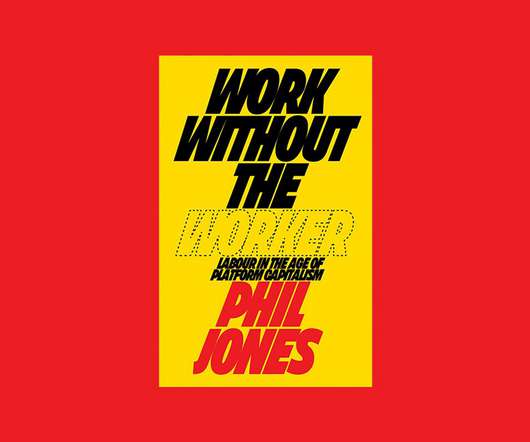The Case for Copyright Exceptions and Fair Use
Beneblog: Technology Meets Society
JANUARY 17, 2014
For on January 17, 1984, the Supreme Court of the United States ruled that consumers could tape their favorite TV shows and watch them later without the copyright holder’s consent. Universal City Studios, Inc., Universal City Studios, Inc., copyright law. This ruling by the Supreme Court in Sony Corp. of America v.


























Let's personalize your content